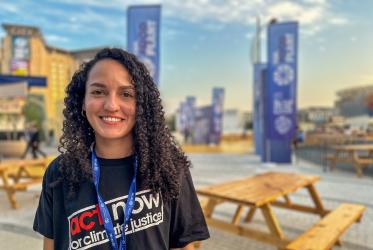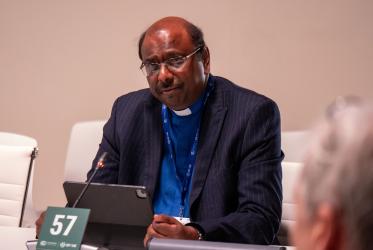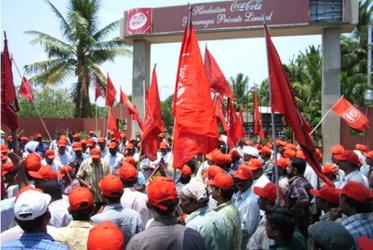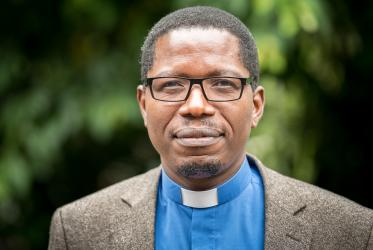In many regions, groundwater is being extracted faster than it can be replenished. Groundwater pollution from raw material extraction, industry, private households, and agriculture is also increasing. This year’s UN’s World Water Day focused on groundwater, urging to make “the invisible visible.” A new publication by Brot für die Welt (Bread for the World, Germany), a member of the WCC Ecumenical Water Network, takes up this call and demands the better protection and fairer use of this vital resource. WCC news talked to co-author Dr Ingrid Jacobsen about the social and political dimension of groundwater.
27 April 2022









